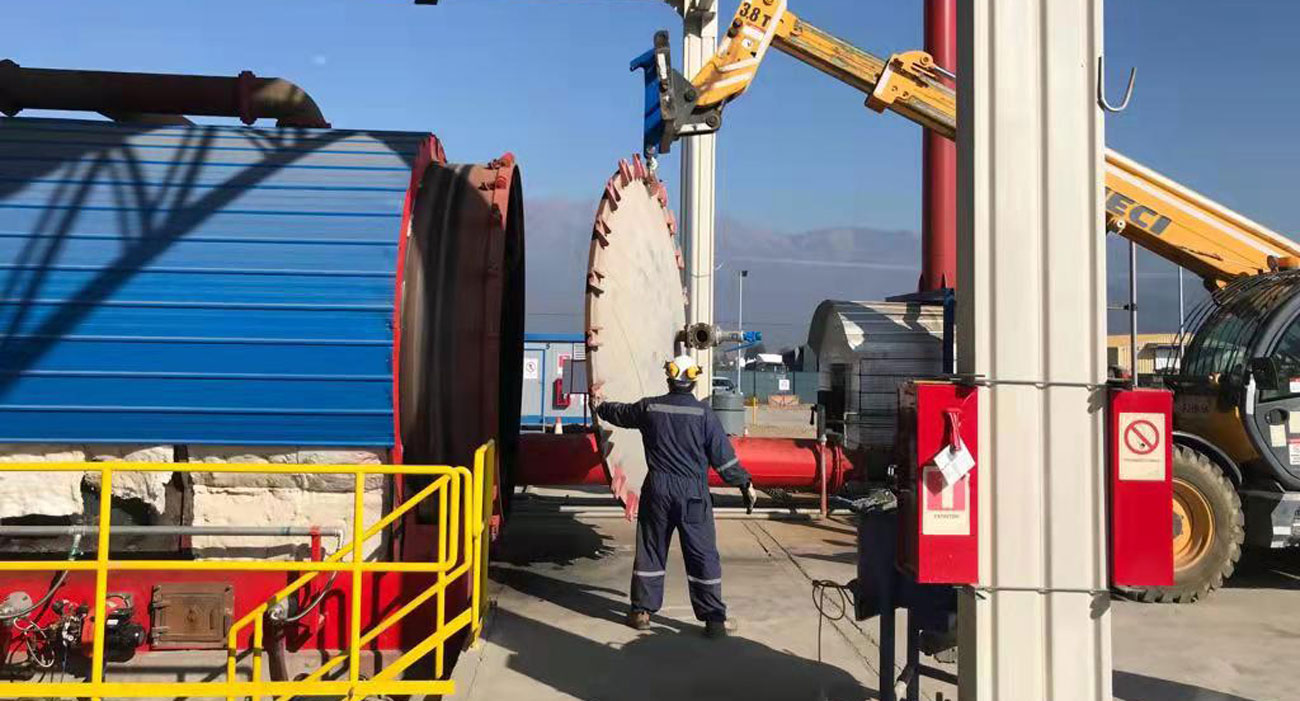While plastic to oil machines offer a promising solution for converting plastic waste into valuable resources, it’s important to approach their implementation with caution. If not managed properly, investing in a plastic to oil machine can have negative consequences for your business. In this post, we’ll highlight five surefire ways that a plastic to oil machine could potentially drive your business into the ground and what you can do to mitigate these risks.

- Inadequate Planning and Research: Rushing into a plastic to oil machine investment without thorough planning and research can lead to costly mistakes. It’s crucial to assess your waste stream, the market demand for the end products, and the regulatory landscape. Conduct a comprehensive feasibility study to understand the financial viability, operational requirements, and potential challenges associated with implementing the machine. Proper planning and research will help you make informed decisions and avoid pitfalls that could jeopardize your business.
Mitigation Strategy: Invest time and resources in conducting a detailed market analysis, understanding your target audience, and evaluating the long-term profitability of the plastic to oil machine. Seek advice from experts or consultants who specialize in waste management and plastic recycling to gain valuable insights and avoid costly missteps.
- Inefficient Waste Collection and Sorting: The success of a plastic to oil machine depends on the quality and consistency of the feedstock. Inadequate waste collection and sorting practices can lead to contamination, affecting the efficiency and output quality of the machine. If your business struggles to ensure a reliable and clean supply of plastic waste, it can result in decreased productivity, increased maintenance costs, and lower overall profitability. View some cases: https://bestonmachinery.com/pyrolysis-plant-in-botswana/.
Mitigation Strategy: Establish robust waste collection and sorting systems. Collaborate with waste management companies, local communities, or recycling initiatives to ensure a consistent supply of clean plastic waste. Implement stringent quality control measures to minimize contamination and maintain the efficiency of the machine. Educate your suppliers and stakeholders on the importance of proper waste segregation and recycling practices.
- High Energy Consumption and Operating Costs: Plastic to oil machines require significant amounts of energy to operate. If your business relies on expensive or non-renewable energy sources, the high operating costs can eat into your profit margins. Additionally, inefficient operational practices and maintenance procedures can further escalate expenses and impact your business’s financial sustainability.
Mitigation Strategy: Explore energy-efficient alternatives such as incorporating renewable energy sources or utilizing waste heat recovery systems. Regularly maintain and optimize the machine to ensure it operates at peak efficiency. Implement energy-saving practices, such as optimizing production schedules and maximizing batch sizes, to minimize energy consumption and reduce operating costs.
- Lack of Market Demand for End Products: Before investing in a plastic to oil machine, thoroughly assess the market demand for the end products, such as fuel oil or feedstock for further refining processes. If the market demand is limited or saturated, you may struggle to sell the output at competitive prices or find long-term buyers. This can result in stockpiling of inventory, reduced cash flow, and ultimately, hinder the success of your business.
Mitigation Strategy: Conduct a comprehensive market analysis to identify potential buyers, their requirements, and the competitive landscape. Seek partnerships with industries or organizations that can utilize the output as a sustainable alternative to conventional resources. Stay updated on market trends and regulatory changes to adapt your products and processes accordingly. Diversify your product offerings to cater to multiple market segments and reduce dependence on a single end product.
- Regulatory Compliance and Environmental Concerns: Plastic to oil machines are subject to various environmental regulations and emissions standards. Failure to comply with these regulations can result in fines, legal issues, and reputational damage. Additionally, public concerns over the environmental impact of plastic waste and its conversion into fuel products can negatively affect your business if you don’t address these concerns. Take a look at this info: https://bestonmachinery.com/ru/.